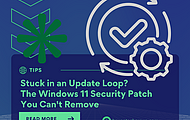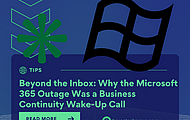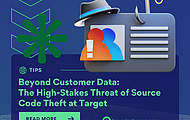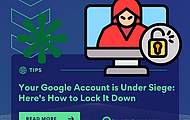FBI Impersonators Are Calling Your Office: How to Stop Phone-Based Cyber Attacks
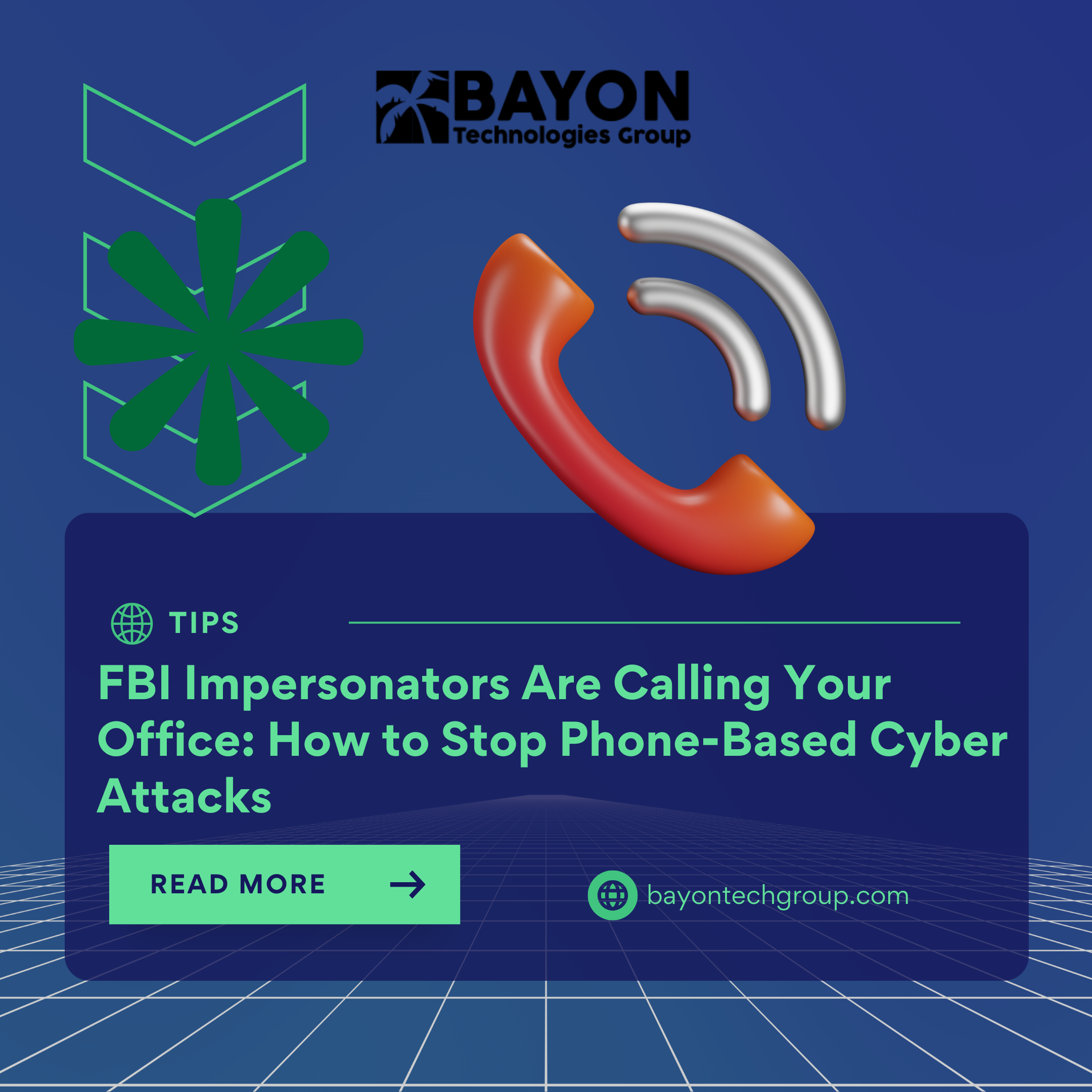
Businesses are being targeted by a troubling new trend: hackers are posing as Microsoft, the FBI, and other reliable organizations in complex phone scams intended to obtain login credentials and spread malware. These "vishing" (voice phishing) attacks use urgent, human-engineered pressure methods to get past conventional email filters, and they're surprisingly successful.
How the Scam Works
- Spoofed Calls: Criminals use caller ID spoofing to display legitimate-seeming numbers (e.g., "Microsoft Support" or local FBI offices).
- Urgency & Fear: Employees receive alarming warnings: "Your network is compromised!" or "Legal action is pending!"
- Malware Installation: Victims are tricked into downloading remote access tools (e.g., AnyDesk) or visiting phishing sites to "verify" credentials.
- Data Theft & Ransomware: Once inside, attackers steal data, deploy ransomware, or move laterally to critical systems.
Real Example: A $800K loss occurred after an accounting employee granted "FBI agents" remote access to "resolve a warrant."
Why Phone Scams Are Surging
- According to the FTC, vishing assaults increased by 30% in 2025.
- High success rate: Compared to emails, voice calls seem more "authentic."
- Attack surfaces are increased by remote work since personal devices are not as secure as company-owned ones.
Industries at Greatest Risk
- Finance: Fraudulent wire transfer requests
- Healthcare: HIPAA data theft under "audit" pretexts
- Legal: Client data exfiltration via "subpoena" scams
Five Crucial Vishing Defenses
- Check Every Request: Never utilize caller ID; instead, hang up and make another call using the official public numbers.
- Zero-Trust Call Policies: Avoid sharing credentials or granting remote access over unsolicited calls.
- Employee Education: Use simulated vishing exercises to teach employees how to spot warning signs, such as urgency, threats, and offers that seem too good to be true.
- Multi-Factor Authentication (MFA): To prevent credential theft, require MFA on all systems.
- Limit Remote Tools: On company machines, disable any software that allows unauthorized remote access, such as AnyDesk or TeamViewer.
Bayon Technologies Group: Your Shield Against Social Engineering
Phone-based attacks exploit human psychology—not just technology. Bayon Technologies Group combats these threats with:
- Customized Employee Training: Real-world vishing simulations and response protocols.
- Call Verification Systems: AI-powered caller authentication and blacklisting.
- Endpoint Hardening: Block malicious tools and enforce MFA.
- 24/7 Incident Response: Immediate containment if breaches occur.
‹ Back



